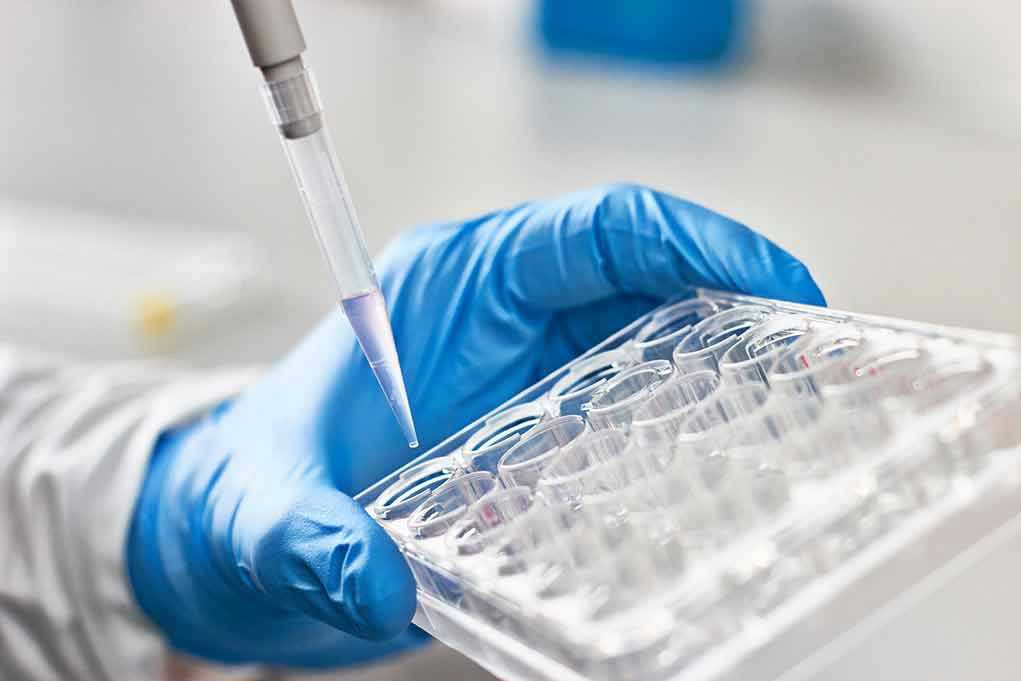
Blocked blood flow doesn’t just harm tissue—it primes the body to help cancer grow, revealing a hidden alliance between vascular disease and malignant tumors that threatens millions more than previously imagined.
Story Snapshot
- New research finds that restricted blood flow anywhere in the body can double cancer growth rates by prematurely aging immune cells.
- Ischemia reprograms bone marrow, shifting the immune system to favor tumor tolerance over defense.
- The study, led by NYU Langone Health and published in JACC: CardioOncology, unveils a direct mechanistic link between cardiovascular disease and cancer progression.
- Findings may revolutionize cancer prevention and therapy, calling for integrated vascular and oncology care, especially in aging and high-risk populations.
Blocked Blood Flow: The Unseen Catalyst Behind Tumor Acceleration
Researchers at NYU Langone Health have upended conventional thinking about cancer’s behavior in the body. Their recent study demonstrates that when blood flow is blocked—even in a limb—it doesn’t just starve tissue or cause pain. It actually pushes the body’s bone marrow to age faster, hijacking the immune system and making it less vigilant against cancer. Mouse models with restricted blood flow in their legs showed breast tumors growing at twice the speed of those in mice with normal circulation. This isn’t just a laboratory quirk; it’s a window into a mechanism that could explain why so many cancer patients with vascular disease face worse outcomes. The immune response is crippled, not just locally, but systemically.
Researchers traced the effect to the bone marrow, where a shift in stem cell activity favors production of immune cells that suppress anti-tumor reactions. This mirrors what happens naturally as we age, but here, the process is abruptly accelerated by ischemia. The result: cancers are effectively given the green light to grow unchecked, while the body’s normal defense systems stand down. The findings illuminate why cardiovascular disease and cancer often go hand-in-hand, especially in older adults or those with metabolic syndrome. The implications for prevention and treatment are profound, suggesting that managing vascular health could be just as critical as targeting tumors themselves.
From Heart Attack to Tumor Growth: A Chain Reaction Exposed
The link between vascular disease and cancer risk has long been observed in population studies, but the biological wires connecting the two remained tangled. NYU Langone’s team previously showed that ischemia during heart attack could accelerate cancer in mice. Building on that work, the 2025 study moves the field from correlation to causation, providing the first direct evidence that impaired circulation anywhere in the body can reprogram stem cells and cripple immune surveillance. This is not just an incremental discovery—it’s a paradigm shift. The research highlights that peripheral artery disease, common in aging and at-risk populations, does more than slow the blood; it rewires the body in ways that give cancer a head start.
Such findings hold enormous weight for clinical practice. Cancer patients with comorbid vascular disease, or even those simply at risk for ischemia, may need far more aggressive management of their circulatory health. The study’s lead, Dr. Kathryn J. Moore, emphasizes that “impaired blood flow drives cancer growth regardless of where it happens in the body.” This assertion, backed by rigorous experimentation and peer review, could reshape how oncologists and cardiologists approach patient care—and how health systems prioritize complex, chronic disease management.
Therapeutic Horizons: Could Treating Blood Flow Slow Cancer?
NYU Langone’s research does more than describe a problem—it points toward solutions. By identifying a novel immune-aging mechanism, the study opens the door to targeted therapies that could disrupt this dangerous feedback loop. Anti-inflammatory and immune-modulating drugs, long used in other contexts, may become cornerstones of cancer care, particularly for patients with vascular disease. The hospital is already expanding its armory, including advanced oncology services like bone marrow transplants and CAR T-cell therapy, to address these complex cases—especially in underserved communities where cardiovascular disease and cancer often intersect.
Blocked Blood Flow Makes Cancer Grow Faster
Researchers at NYU Langone Health discovered that restricting blood flow in mice speeds up cancer growth. How? It prematurely ages the bone marrow and weakens the immune system, allowing tumors to proliferate https://t.co/spG1hN3Hmx
— Sassyinfomaniac (@sassyinfomania) September 12, 2025
Short-term, these findings should prompt clinicians to double down on vascular assessments in cancer patients, potentially altering treatment timelines and strategies. Long-term, the research could fuel new drug development targeting the immune-aging pathway. The pharmaceutical industry, ever attentive to mechanistic breakthroughs, may soon chase therapies that prevent ischemia-induced immune decline. For hospitals and cancer centers, the study is a clarion call to build interdisciplinary care teams, breaking down silos between cardiology and oncology for the sake of patients whose diseases refuse to stay in their own lanes.
Expert Analysis and the Road Ahead
Medical authorities have lauded the study for its depth and cross-disciplinary insight. Dr. Alexandra Newman, a lead author, notes that “ischemia reprograms stem cells in ways that resemble aging and promote immune tolerance”—a succinct summary of a process that, until now, was invisible to both patients and practitioners. Academic commentators see the work as a leap forward, one that will drive further research into anti-inflammatory and immune-modulating approaches. Skeptics note that the findings are based on animal models, but with planned clinical trials, the translation to human medicine could be swift. For now, the consensus is clear: ignoring vascular health in cancer care is no longer an option. The body’s highways aren’t just routes for blood—they are battlegrounds where cancer and immunity fight for supremacy.
The next chapter in this story will be written as clinicians and researchers race to test these findings in people. If the results hold, the way we think about—and treat—cancer could be changed for a generation. The lesson for everyone, especially those over 40: what flows beneath the surface may matter more than we ever knew.
Sources:
NYU Langone Health Press Release















